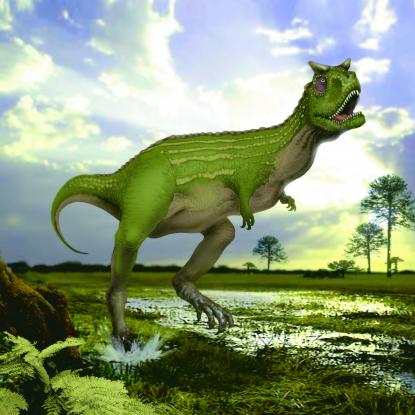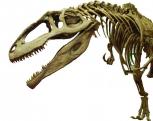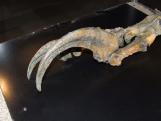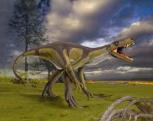2024. May 2. Thursday
Hungarian Natural History Museum - Budapest
 |
Address: 1083, Budapest Ludovika tér 2-6.
Phone number: (1) 210-1085, (1) 303-6193
E-mail: mtminfo@nhmus.hu
Opening hours: Mon, Wed-Sun 10-18
|
The exhibition has closed for visitors.
Museum tickets, service costs:
|
Individual ticket for adults
(valid for the permanent exhibitions)
|
2200 HUF
|
/ capita
|
|
Individual ticket for students
(valid for the permanent exhibitions, 6-26 years of age)
|
1100 HUF
|
/ capita
|
|
Group ticket for students
(to the Dino Garden )
|
900 HUF
|
/ capita
|
|
Individual ticket for pensioners
(valid for the permanent exhibitions, 62-70 years of age)
|
1100 HUF
|
/ capita
|
|
Individual supplementary fee
|
500 HUF
|
In addition to the 16 dinosaur skeletons, the travelling exhibition offers 16 interactive scientific explanations to visitors, so the age is little ones may also get familiar with the ancient world of Patagonia.

This year is all about dinosaurs at the Hungarian Natural History Museum. The unique exhibition 'Lost Worlds' presents dinosaurs unearthed in Hungary, skeletal reconstructions original remains, a life-size dinosaur sculptures in the museum 's gardens are a colourful selection. The image become more complete with the giants of Patagonia.
The Argentine Patagonia is the " promised land " for palaeontologists, who research beings that dominated our planet 180 million years ago. Dino remains found in Argentina are 10% of the species total found in the world, which is a clear indication of the importance of the country in terms of palaeontological research. The giant-sized dinosaurs found there are the oldest known species. They had more special characteristics than the known species in North America.

This year is all about dinosaurs at the Hungarian Natural History Museum. The unique exhibition 'Lost Worlds' presents dinosaurs unearthed in Hungary, skeletal reconstructions original remains, a life-size dinosaur sculptures in the museum 's gardens are a colourful selection. The image become more complete with the giants of Patagonia.
The Argentine Patagonia is the " promised land " for palaeontologists, who research beings that dominated our planet 180 million years ago. Dino remains found in Argentina are 10% of the species total found in the world, which is a clear indication of the importance of the country in terms of palaeontological research. The giant-sized dinosaurs found there are the oldest known species. They had more special characteristics than the known species in North America.



